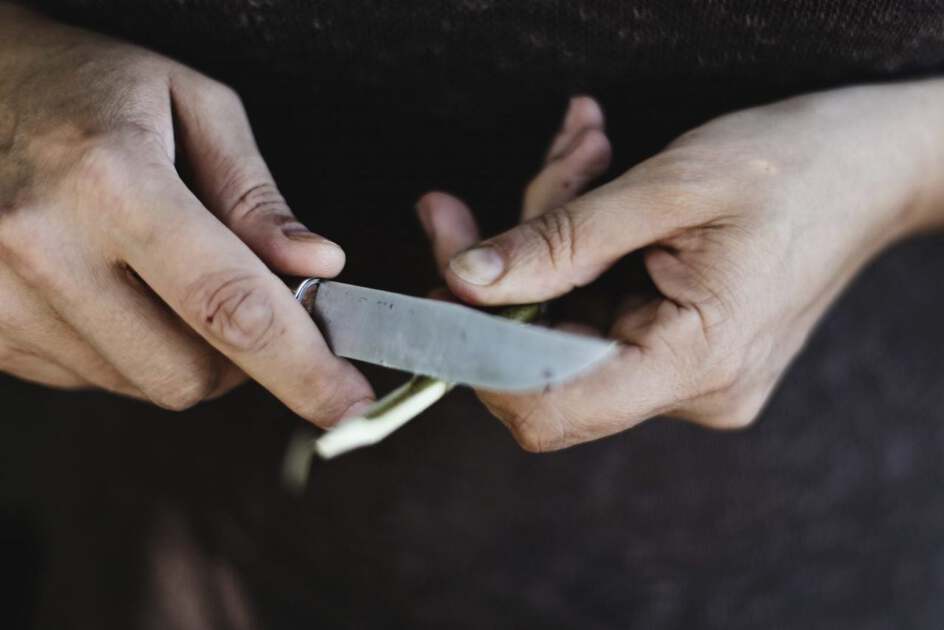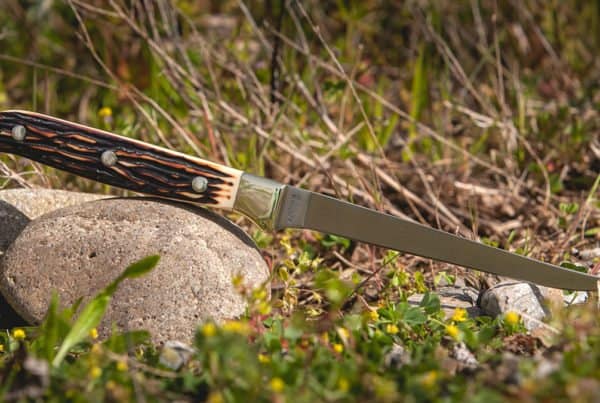Australia’s knife laws are complex. The are more ways you can legally acquire a knife than we have described and there is more legislation affecting your use of knives than the laws we have pointed out here in this article. This article is for the average consumer who wishes to get a knife and wants to know which ones he or she can get with minimal or no paperwork. This article does not list all the ways he or she can get the knife and what he or she can or cannot do with that knife.
There are 2 laws that control your use of knives in Australia. The laws of the state that you live in and the federal laws of Australia. The federal laws cover what you may bring into the country. The state laws control what knives you may own, how you may use your knives, where you can keep your knives and everything else that federal laws do not cover.
What you can own in your state
You can own any Folding Knife and Fixed Blade Knife that IS NOT listed in the Prohibited Weapons Schedule (or Category M Weapons for Queensland residents) in your state. If there is no definition for the state you live in, it DOES NOT necessarily mean the knife is legal. We will deal with that situation later on.
If the knife that you want to get is not defined in the Federal Prohibited Imports Regulations 1956 and is not listed in your state’s Prohibited Weapons Schedule then you are free to get that knife from overseas or from within Australia.
If the knife is defined in the Federal Prohibited Imports Regulations 1956 and not defined in your state’s Prohibited Weapons Schedule and is available to import with a police certification test, then you can purchase it from Australia or import that knife from overseas by filling out a B709B form or printing out a B709X form. The B709B or B709X form for your state can be found in Table 1 on the row labelled “B709 Form”.
If the knife is defined in the Federal Prohibited Imports Regulations 1956 and not available to import with a police certification test, then it is illegal for all states.






